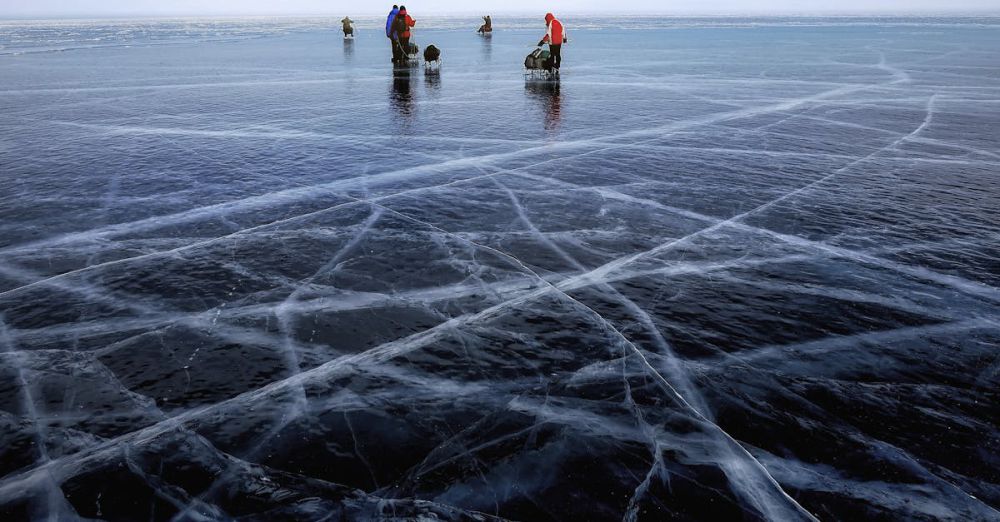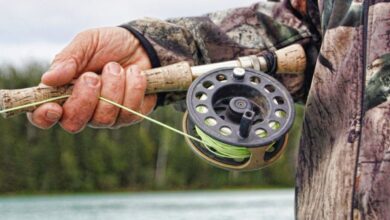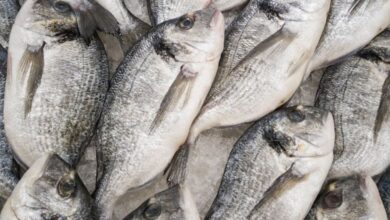When Is the Best Time for Ice Fishing in Canada
Ice fishing in Canada is a beloved winter pastime that attracts enthusiasts from around the globe. As the mercury dips and lakes freeze over, anglers gear up for this unique experience. However, knowing when to hit the ice can significantly impact your success and enjoyment. Understanding the best times for ice fishing in Canada is essential for anyone looking to reel in a trophy catch or simply enjoy a day out on the frozen lakes.
Timing the Ice
The ice fishing season in Canada typically begins in late December and can extend into early March, depending on the region and weather conditions. The most crucial factor to consider is the ice thickness. Ideally, anglers should wait until the ice is at least 4 inches thick to safely venture out. In some areas, thickness can vary greatly due to fluctuating temperatures, snowfall, and wind conditions. Always check local reports and consult with experienced fishermen before heading out.
Early Season Excitement
The early season, from late December to mid-January, can be an excellent time for ice fishing. As the ice forms, fish become active, feeding aggressively after the spawning season. Species like northern pike and walleye are particularly active during this time, making it an exciting period for anglers eager to snag a big catch. The excitement of drilling the first hole of the season and the thrill of catching fish can create unforgettable memories for those on the ice.
Mid-Season Fishing Frenzy
From mid-January to mid-February, ice fishing reaches its peak. This period offers stable ice conditions, with most lakes having thick, reliable ice. Fish are still actively feeding, and anglers can enjoy a variety of fishing techniques. In this window, species such as perch and lake trout become more accessible. The mid-season also coincides with several ice fishing derbies across the country, providing a lively atmosphere and the chance to compete for prizes.
During this time, daylight hours begin to lengthen, which can lead to increased fish activity. Anglers should consider adjusting their fishing times to take advantage of the early morning and late afternoon feeding periods.
The Late Season Slowdown
As February progresses into March, ice fishing can take on a different character. The ice begins to melt, and fish behavior changes accordingly. Although opportunities still exist, catching fish can become more challenging. The fish that once thrived in the cold waters may retreat to deeper areas as temperatures rise. Anglers may need to adapt their strategies and locations, targeting deeper holes or areas where water temperatures remain cooler.
Despite these challenges, late-season fishing has its perks. The quieter lakes and fewer crowds can lead to a more tranquil experience. Plus, as the ice begins to soften, the chances of catching larger fish, such as pike and trout, increase. The thrill of a late-season catch can be worth the effort.
Safety First
No matter the time of year, safety should always be a top priority when ice fishing. Always check ice conditions before venturing out and carry safety equipment, such as ice picks and a flotation device. Inform someone of your plans and ensure you have the right gear for the conditions.
Local knowledge can be invaluable, so don’t hesitate to engage with local fishing communities or guides. They can provide insights on the best spots and times to fish, enhancing your overall experience.
Optimal Timing for Success
Ultimately, the best time for ice fishing in Canada depends on your preferences and the species you aim to catch. Early season offers excitement and aggressive feeding, mid-season provides stable conditions and competitive events, while late season can yield larger fish in a more serene environment. Each period brings its unique charm and challenges, ensuring that ice fishing remains a thrilling winter activity for all who partake.
By understanding these seasonal dynamics, anglers can maximize their chances of success on the ice, making the most of one of Canada’s most cherished outdoor traditions. Whether you are a seasoned pro or a novice, the frozen lakes of Canada beckon, ready for an unforgettable ice fishing adventure.







